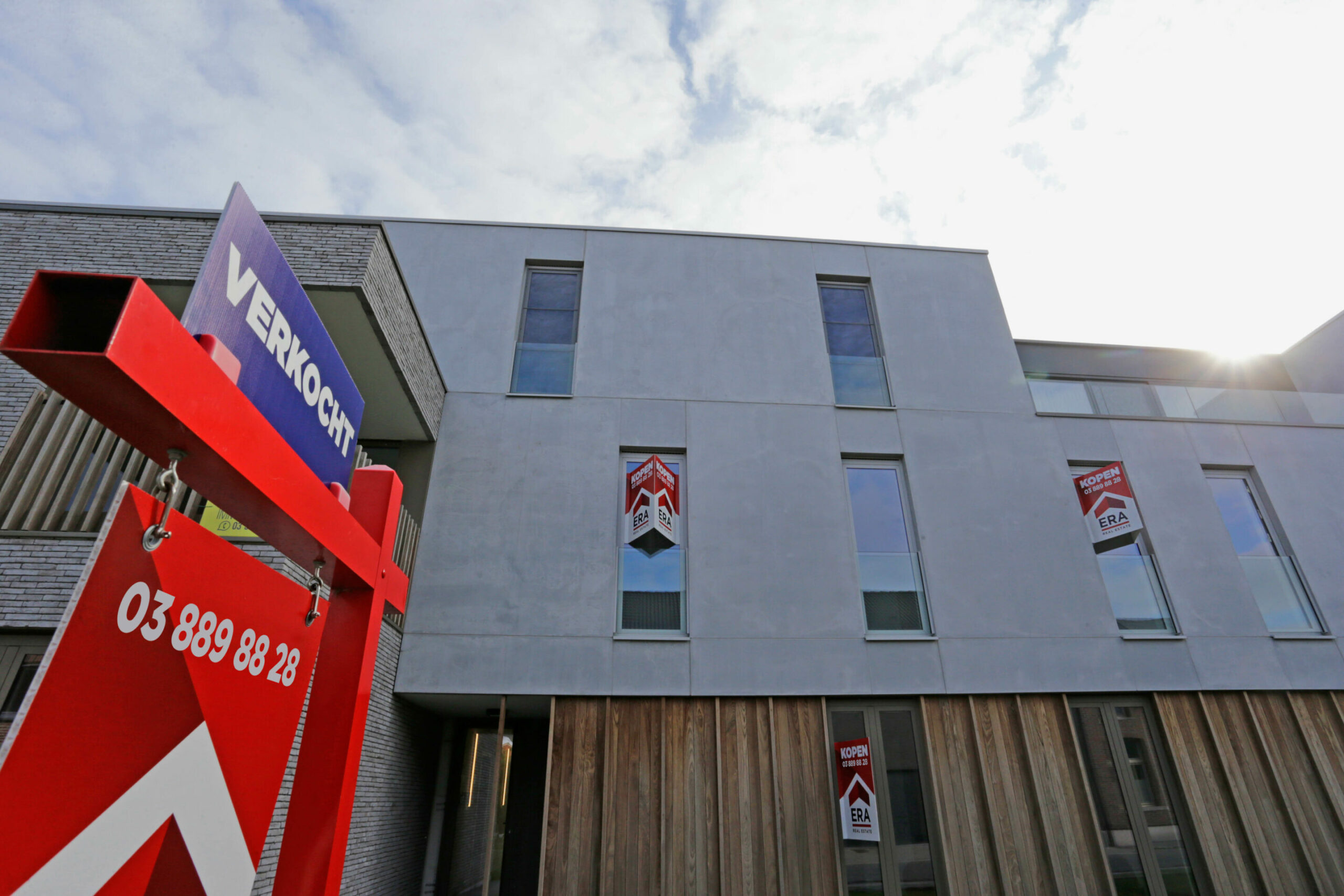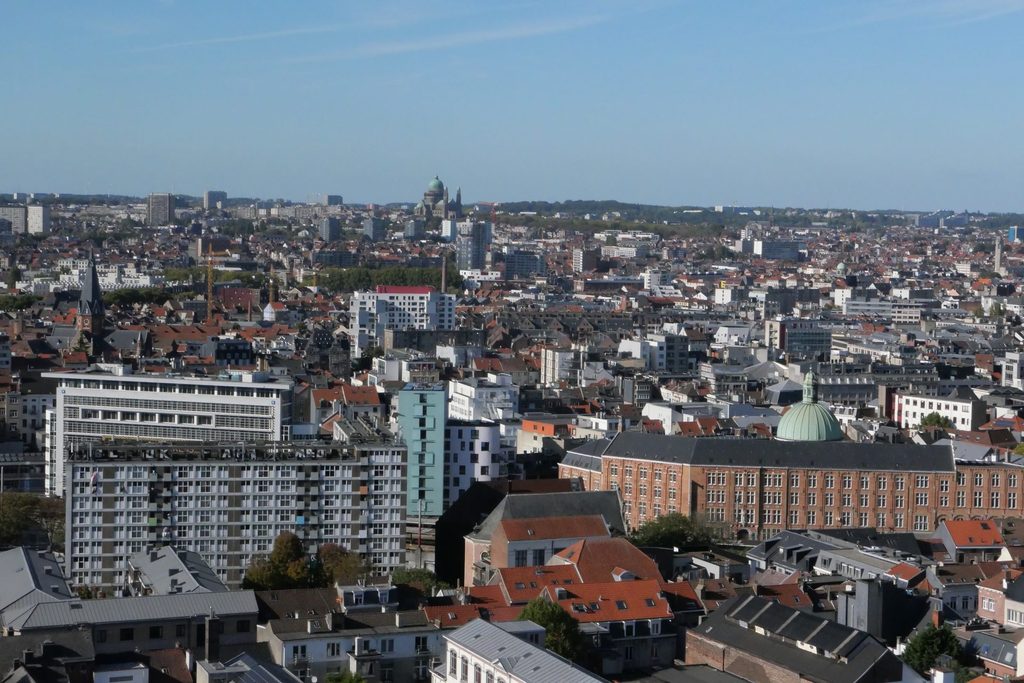Real estate in Belgium is less expensive than in its neighbouring countries, and the country has seen a significant rise in newly constructed properties. Still, purchasing a home is becoming increasingly impossible, driving people to the rental market and creating "a cycle of unaffordable housing."
When it comes to older and new properties, purchasing your own home is cheaper in Belgium compared to neighbouring France, Germany and the Netherlands. Still, property prices continue to increase despite higher interest rates, both putting more and more pressure on purchasing power in the country.
"These properties are increasingly becoming accessible only to the upper-middle class of the population," the 13th edition of the Deloitte Property Index noted. The prices of newly built assets rose by 3.4% – in major cities the increase is even more pronounced, edging closer to 10% – while the market for existing and ageing assets has also come under pressure.
The growing demand for smaller dwellings such as apartments, driven by socio-demographic trends such as a smaller average size of households, is hiking up flat prices.
Meanwhile, the regulatory framework for building energy efficiency and the effect of EPC (energy performance certificate) scores and the requirement to obtain the certification entails expensive renovation costs for older properties, "in addition to the acquisition costs already incurred". This trend is also widening the gap between older, more energy-intensive properties and newly built, energy-efficient ones.
Higher rental prices
Experts argue that the combination of higher borrowing costs – making mortgages less affordable for many potential home-buyers – alongside rising property prices has worsened housing affordability in Belgium. "This has led to reduced demand for purchasing real estate, particularly affecting first-time buyers."
Homeownership becoming less affordable has resulted in a surging demand for rental properties. However, the rental market is struggling with limited supply. This is partly due to the "slowdown of built-to-rent projects volume" (the number of built-to-rent projects transaction volume in 2023 was 30% below 2022 figures).

Credit: Belga / Era Real Estate / Koen Fasseur
Although Belgium saw one of the strongest growths (14.3%) in the construction of new homes per capita in the whole of Europe last year, this sharp increase is insufficient to offset the high demand. "This imbalance between supply and demand is causing rental prices to rise," experts noted.
A recent analysis by the Confederation of Real Estate Professionals (CIB) showed those signing rental contracts in 2023 paid an average of €1,249 per month – almost €100/month more than in 2022.
Deloitte noted that the increase in rental prices was stronger than the one observed in the acquisition market. "The strongest rises were observed in major cities, particularly in Brussels and Antwerp." Brussels is the only region where rent increases (around 8.6%) have surpassed inflation. "Average monthly rents in Brussels are now above €1,200 for apartments, around €800 for studios and approximately €1,850 for semi-detached houses."
'A cycle of unaffordable housing'
For now, housing affordability remains stable in Belgium. Last year, a Belgian household had to set aside an average of 7.9 gross annual salaries to buy a new 70 m2 home, placing Belgium in the middle of the European league table.
"This means that buying a home in Belgium is reasonably affordable compared with other countries," said Deloitte Senior Director for Real Estate Insights, Cédric Van Meerbeeck. In the Netherlands and Czechia, for example, people need to save 15.1 and 13.3 annual salaries, respectively, to buy a comparable home.
"Still, housing affordability remains a growing problem in Belgium," said Van Meerbeeck. This is particularly the case in Brussels, where almost 40% of the population is at risk of poverty or social exclusion, while more than 60,000 households are on the waiting list for social or affordable housing.
The continued rise in purchasing prices on the one hand and the supply-demand issue in the rental market on the other is "creating a cycle of unaffordable housing."
"The different Belgian governments will need to be creative to solve this potential housing crisis in the coming years," Van Meerbeeck concluded.

